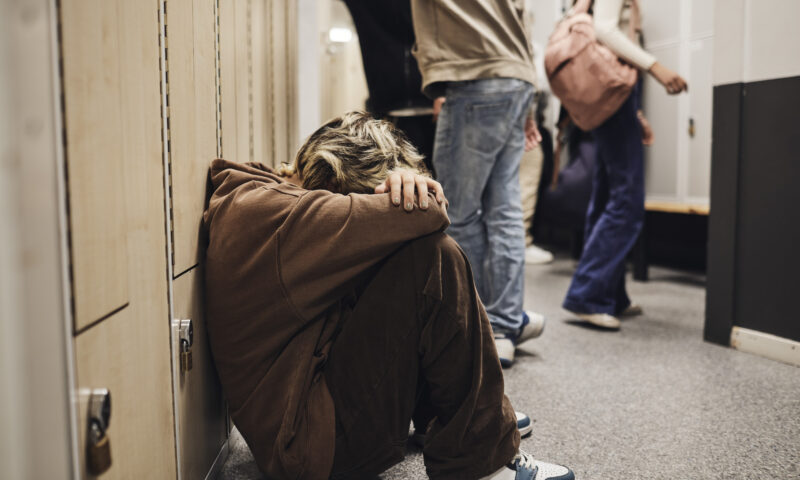

As insurers reject coverage amid soaring anxiety and depression, a bill to help children and teens is quietly killed.
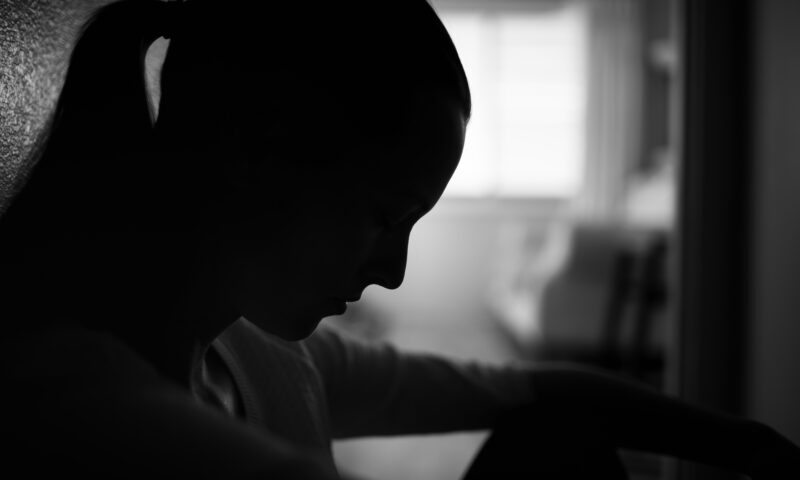

The legislation would overhaul the process to appeal denials of coverage by private health insurance companies.
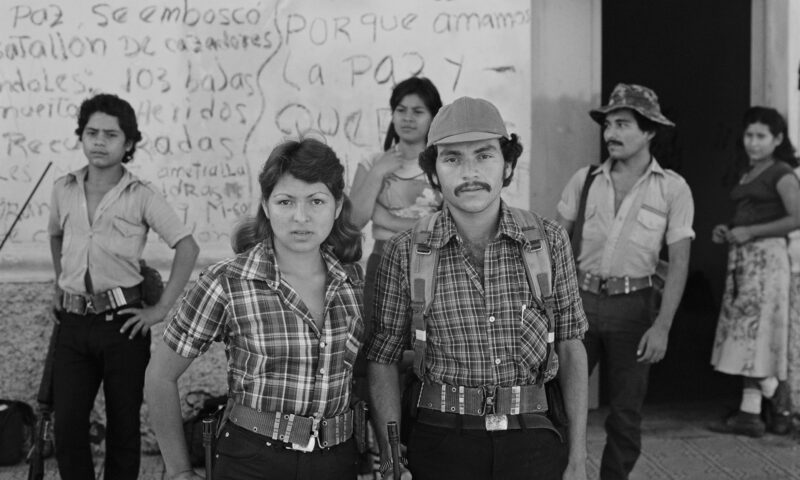

Rossana Pérez, healer and activist in the Salvadoran community of Los Angeles, talks about the transgenerational trauma that the COVID-19 pandemic exposed.
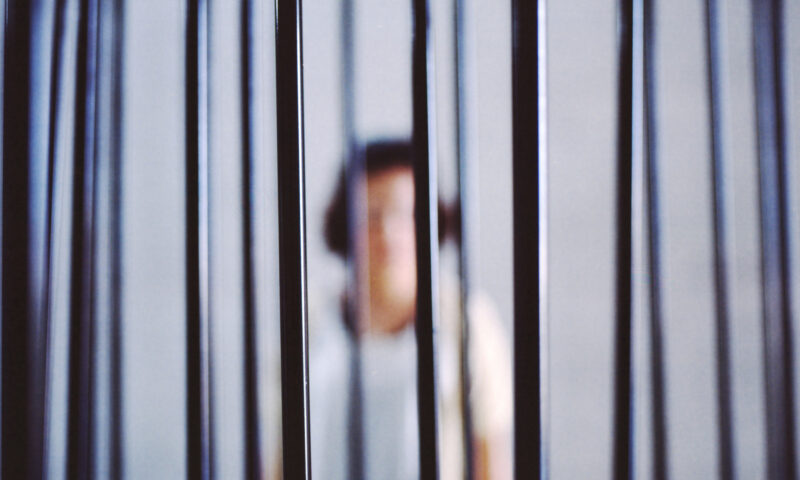

Can we learn to look at violence as an aspect of pain?
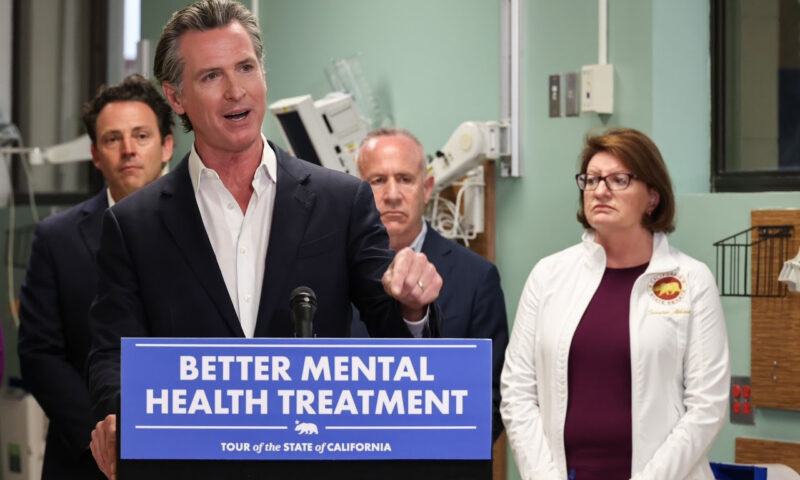
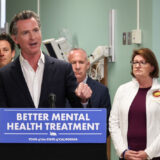
While it ponders ambitious new laws to improve mental health, California could strengthen what’s already on the books.
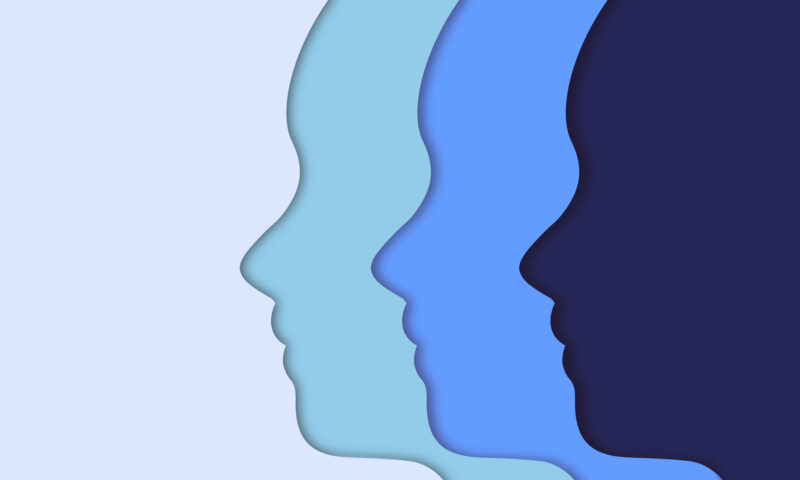

To deal with huge health care disparities, some Californians focus first on a single concept: equity.


A report from the front lines of California’s Black mental health crisis.


The pandemic continues to bring stress upon those in the state who can least afford it.
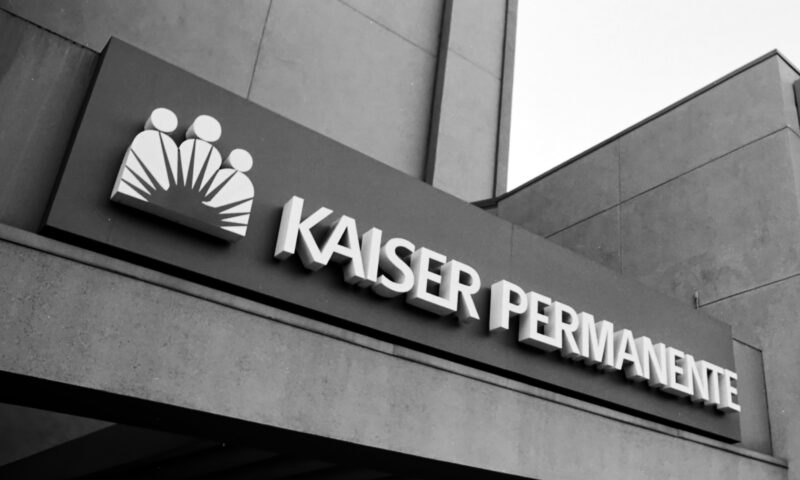

After 10 weeks of workers walking the picket line, core issues regarding patient care remain unresolved.
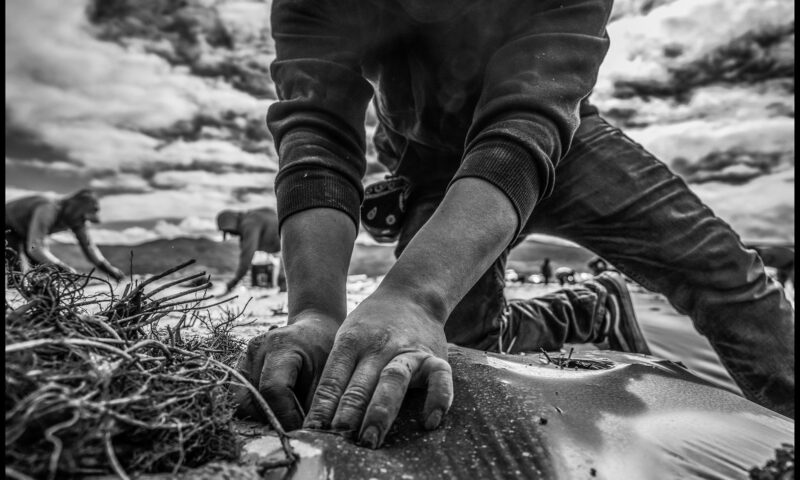

Advocates seek to counter cultural stigma and the harsh effects of COVID-19 with innovative approaches to reaching a vulnerable population.


Legislators struggle to make good intentions mean something in the face of lax enforcement.
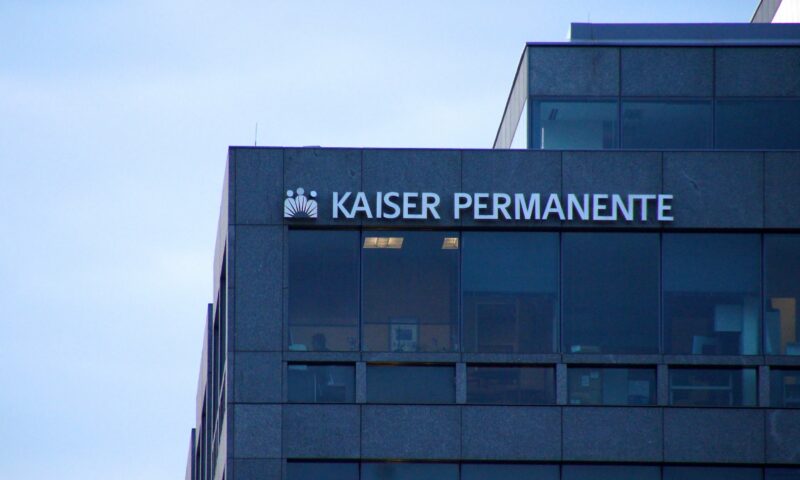

In the second month of the Bay Area strike, HMO says a majority of union clinicians have returned to work.


A quarter of 1,500 Kaiser clinicians surveyed in California said they had patients who could not access care in their primary language.
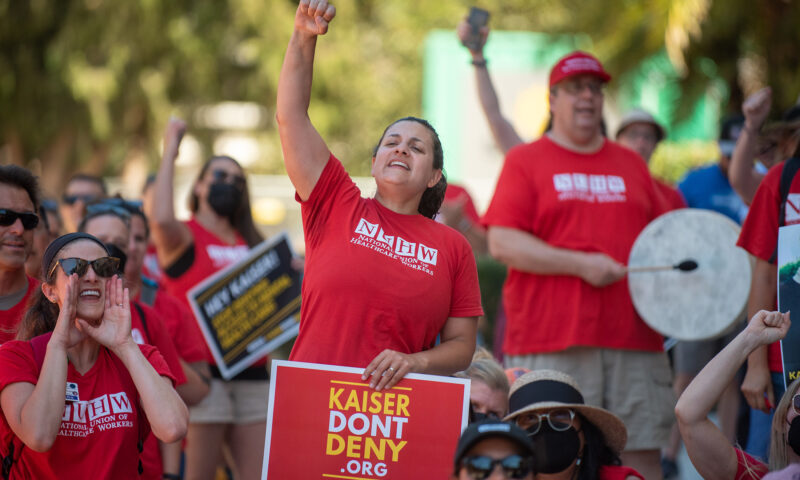

Striking Kaiser Permanente mental health workers say children may suffer even more than adults from delays in treatment.
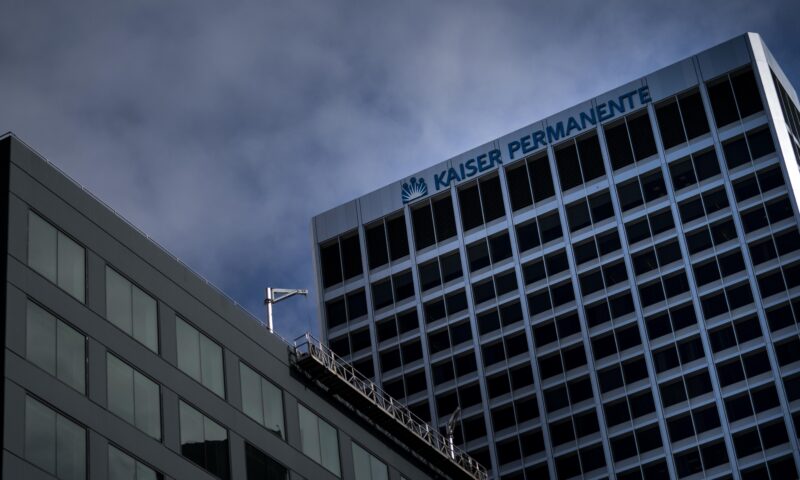

Economists say fines are far cheaper than hiring staff. Kaiser says the union creates crises.
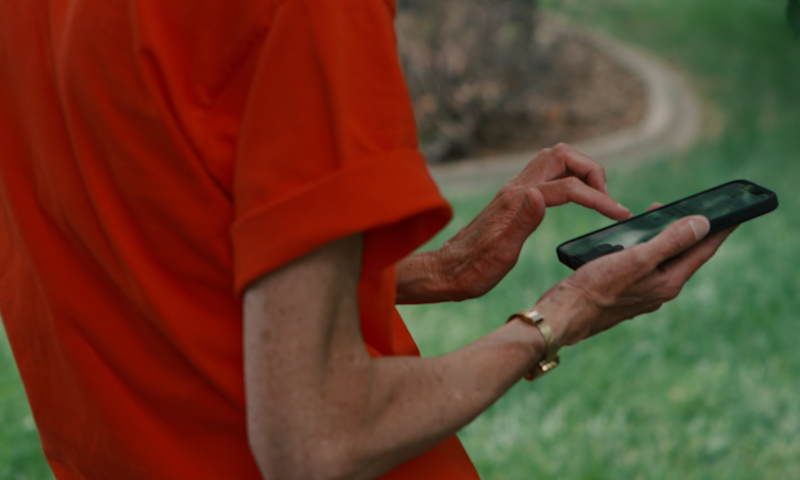
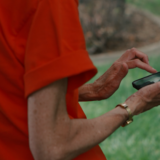
The HMO needs to hire more clinicians to ensure that patients wait no more than the legally mandated 10 days between appointments, says veteran therapist.
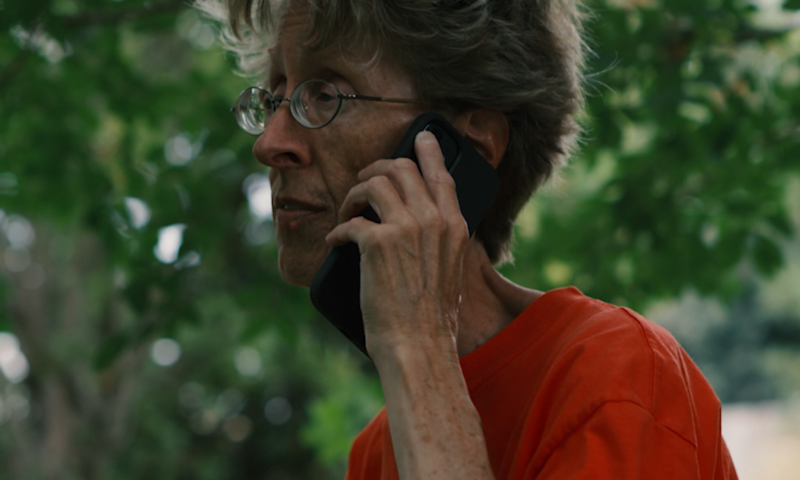
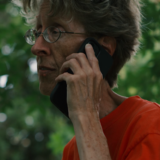
Striking Kaiser therapist says patients stuck without appointments ‘don’t have that backup.’
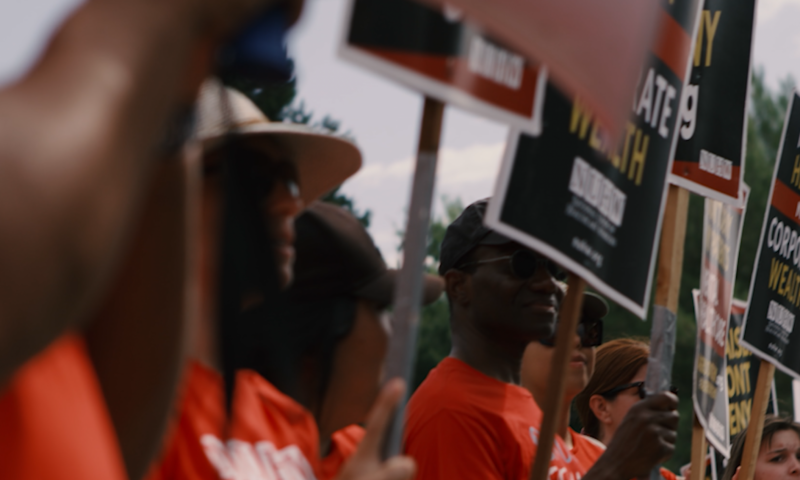
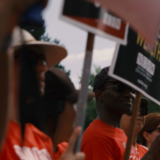
Her patients are waiting months for therapy. ‘This strike is not about money,’ says Sacramento therapist Jane Kostka.
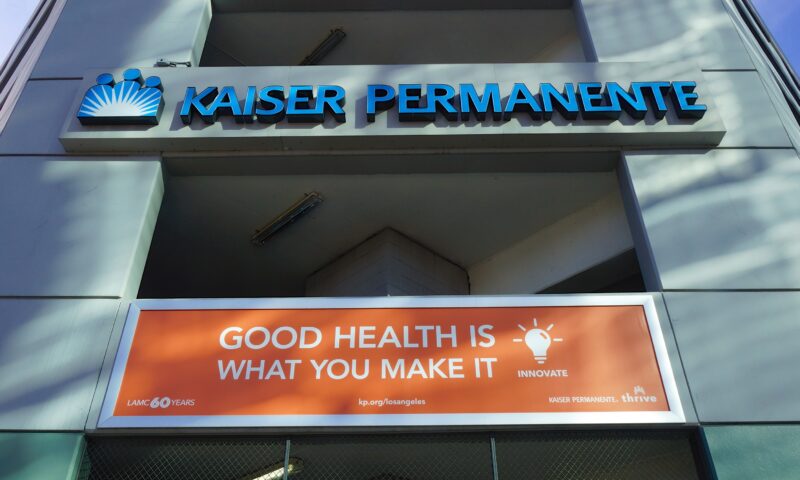

Long waits for care, understaffing lead 2,000 workers to give walkout notice.


With the health giant again under scrutiny by California regulators for alleged denial of care, many therapists are leaving for private practice.